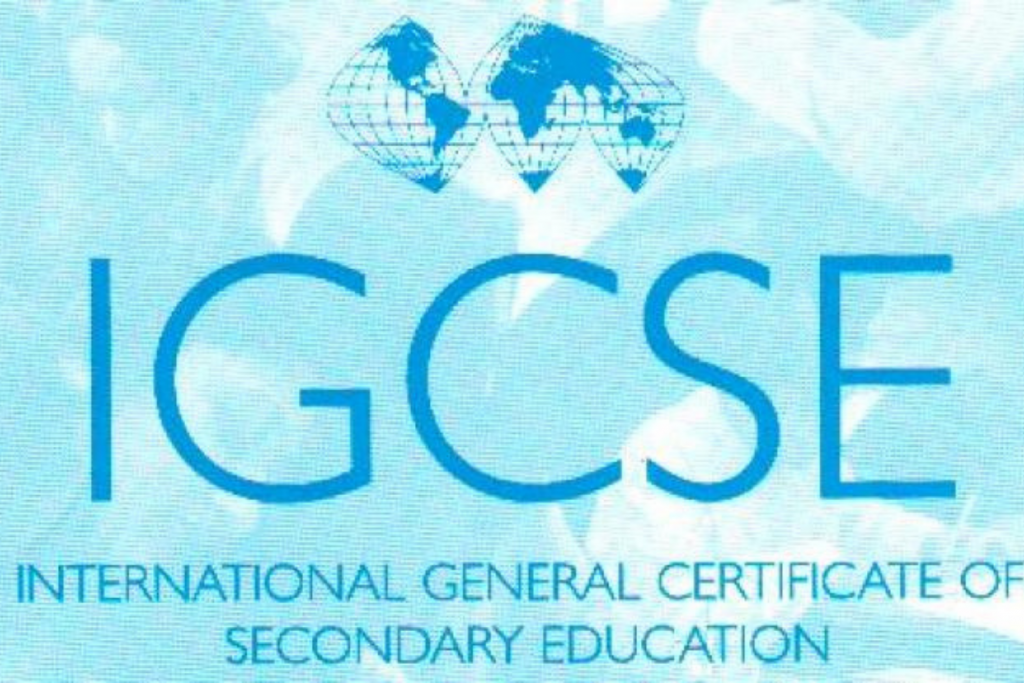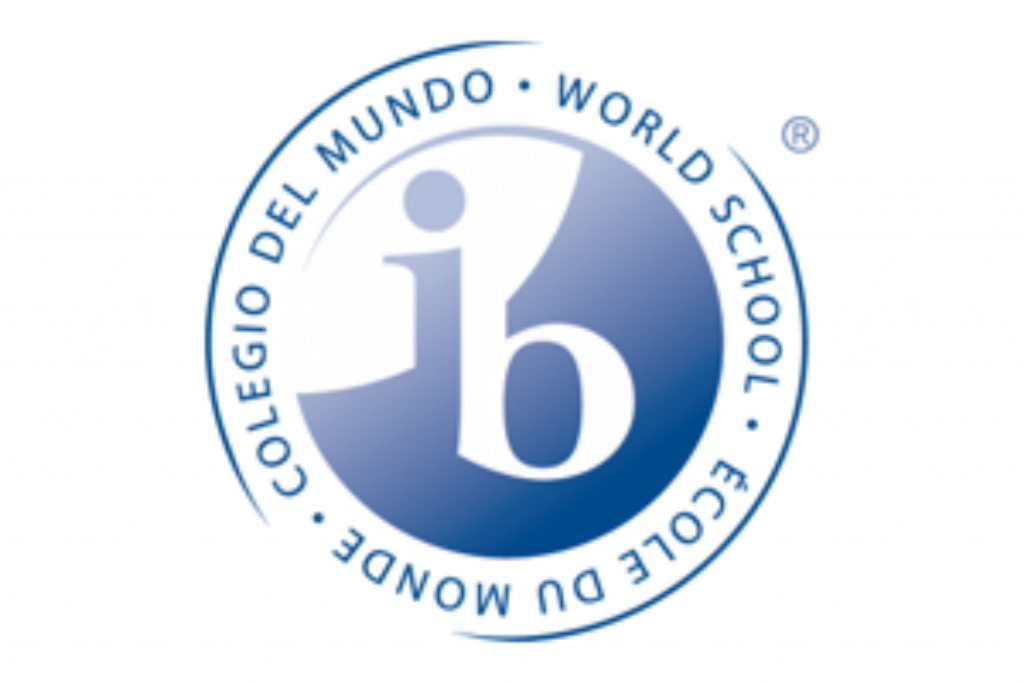Mastering Your IGCSE French Exam
A Comprehensive Strategy Guide

The International General Certificate of Secondary Education (IGCSE French exam) can be a significant milestone in your language learning journey.
Whether you're preparing for the exam to enhance your academic credentials or to pursue further studies in French-speaking countries, having a strategic approach can significantly boost your performance.
1. Understand the Exam Structure
Before diving into preparation, familiarise yourself with the IGCSE French exam format.
First things first, download your exam board syllabus and pick the correct exam year.
The course syllabus will include:
- exam format and extra details
- vocabulary list
- grammar list
- Cambridge IGCSE
- Edexcel IGCSE
- Paper 1: Listening - You'll listen to various recordings and answer questions based on what you hear.
- Paper 2: Reading and Writing - This paper tests your ability to understand written French and respond in writing.
- Paper 3: Speaking - An oral exam where you'll engage in conversation and present on a given topic.
- Paper 4: Coursework - (Optional) If taken, this involves completing a portfolio of work over the course of the year.
2. Develop a Study Plan
- Set Clear Goals: Determine your target grade and break down what you need to achieve in each component of the exam.
- Time Management: Allocate time for each skill (listening, speaking, reading, writing) based on your strengths and weaknesses.
- Regular Revision: Schedule regular review sessions to ensure retention and understanding of the material.
3. Listening Skills
- Practice Daily: Use French podcasts, movies, and music to immerse yourself in the language.
- Active Listening: Listen with the intent to understand every word. If possible, transcribe what you hear to improve listening accuracy.
- Exam-Specific Practice: Use past papers or online resources to practice listening to exam-like recordings.
4. Speaking Fluency
- Daily Conversations: Speak French as much as possible, whether with native speakers, through language exchange apps, or by self-talk.
- Mock Exams: Regularly participate in mock speaking exams or practice with a tutor to simulate exam conditions.
- Vary Your Topics: Prepare to speak on a range of topics, from personal interests to all exam topics, to demonstrate versatility.
5. Reading Comprehension
- Vocabulary Quiz: Download the exam board vocabulary list and test your knowledge. Highlight words you tend to forget and focus on them.
- Active Reading: Highlight unfamiliar words, summarize paragraphs, and ask yourself questions about the text.
- Use Context: Learn to guess the meaning of unknown words from context, which is crucial for understanding complex texts.
6. Writing Skills
- Practice Writing: Regularly write letters, emails, and descriptions in French. Focus on different types of writing tasks you might encounter in the exam.
- Grammar and Vocabulary: Use grammar workbooks, online resources, or courses to refine your grammar and expand your vocabulary.
- Structure Your Writing: Organise your thoughts before writing.
Use logic connectors to articulate your ideas and reuse the grammar structures and expressions you have learned.
7. Exam Techniques
- Time Management: Practice answering questions within the time constraints of the exam.
- Answering Strategies: Learn how to tackle different question types effectively, especially for reading and listening papers where understanding the question is as important as understanding the content.
- Review Past Papers: Go through as many past papers as possible to familiarise yourself with the exam format, question styles, and marking schemes.
8. Health and Well-being
- Stay Healthy: Ensure you're getting enough rest, nutrition, and exercise, as physical health significantly impacts cognitive performance.
- Stress Management: Practice relaxation techniques like meditation or deep breathing to manage exam stress.
Conclusion
Preparing for the IGCSE French exam requires a multifaceted approach, focusing on all language skills while understanding the exam's structure and expectations. By following this comprehensive strategy, you can not only improve your French proficiency but also gain the confidence needed to excel in your exams.
Remember, consistent practice, cultural immersion, and strategic exam preparation are key to achieving your goals.
At 法語互動, one of our specialised tutors can help you achieve your best results for your IGCSE French exam.
Keep your motivation high, and bonne chance with your studies!




